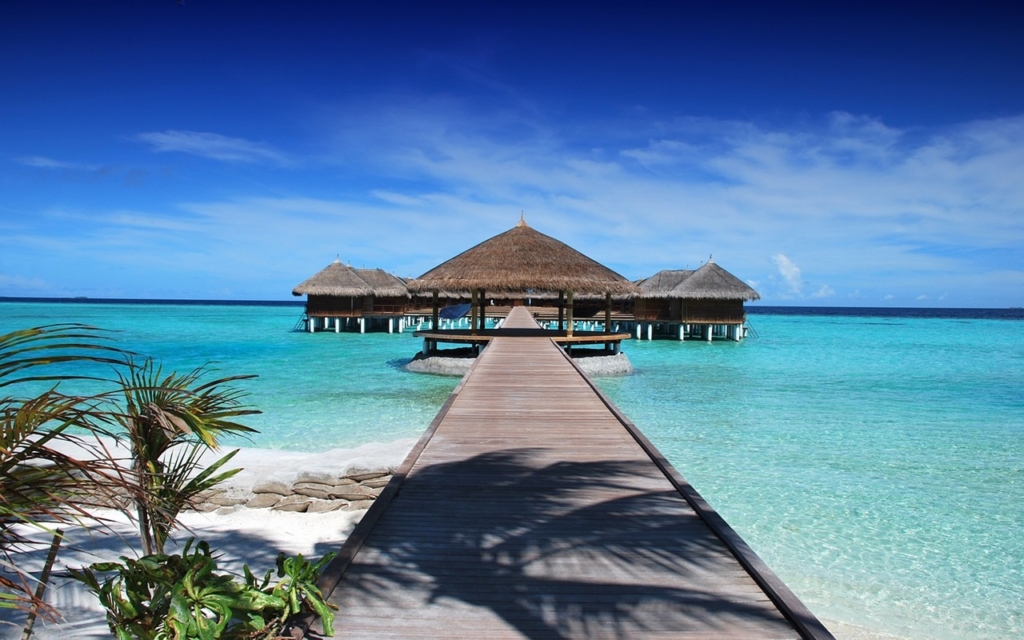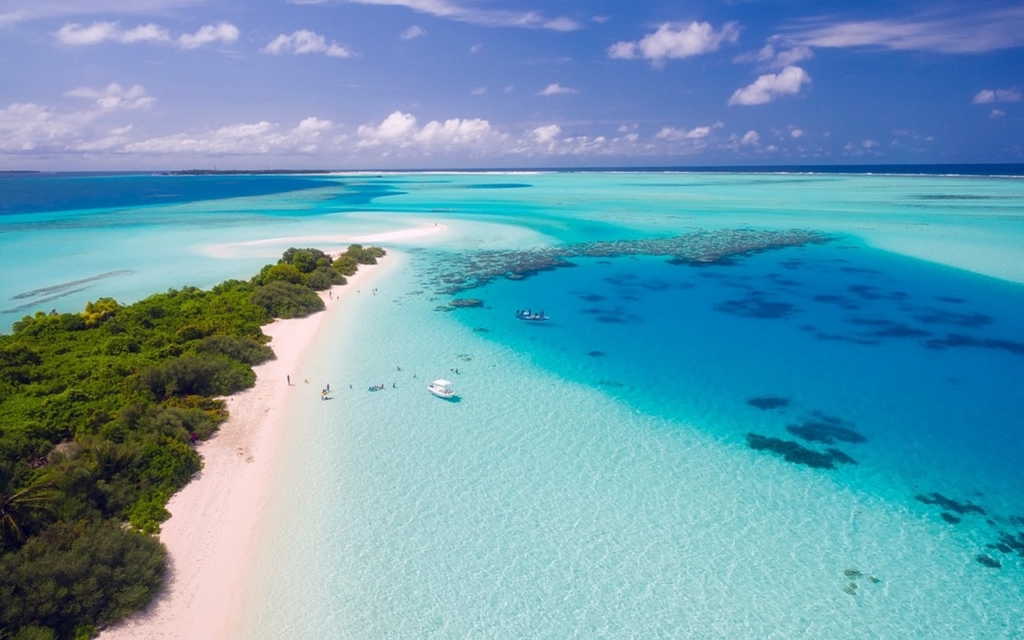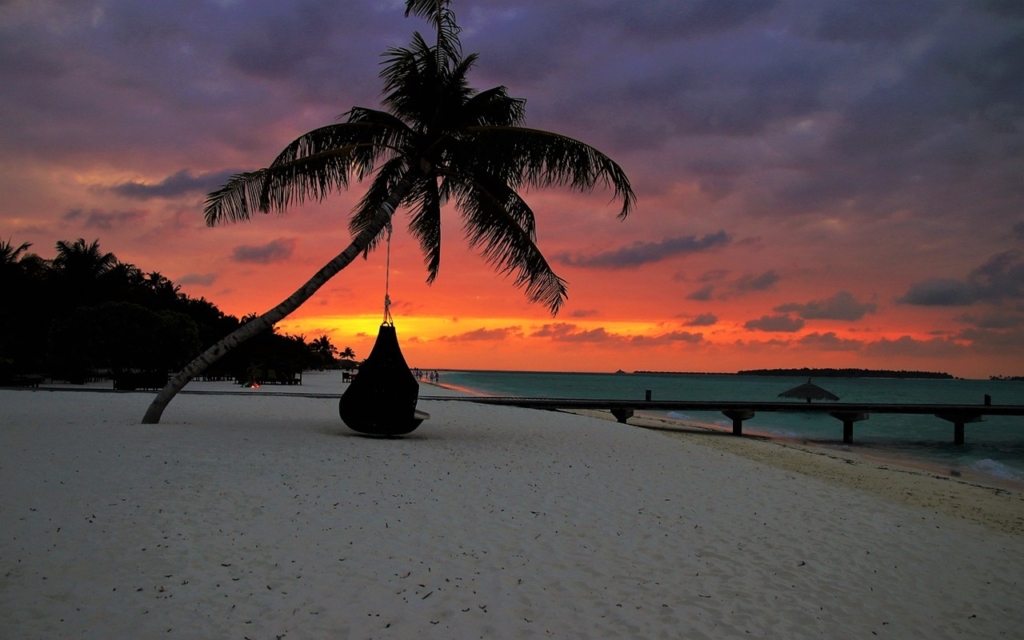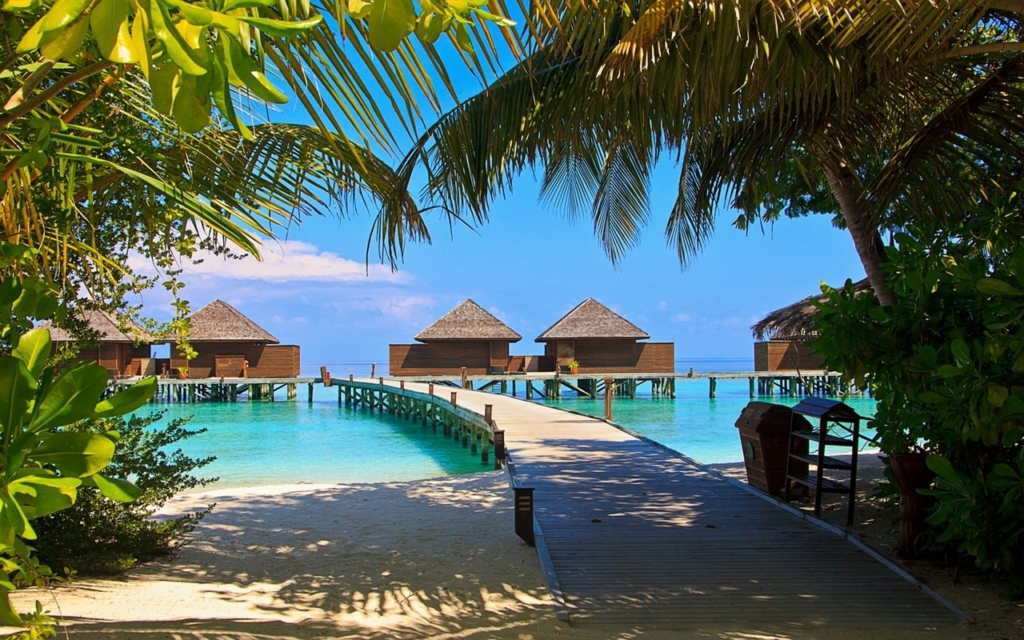Maldives Country Guide




Why Should I/We Buy in Maldives
Buying property in the Maldives presents a unique opportunity, especially for those looking for luxury real estate in one of the world’s most exquisite tropical paradises. Here are some key reasons why investing in property in the Maldives could be a desirable choice:
Exclusive Location: The Maldives is renowned for its stunning natural beauty, featuring crystal-clear waters, white sandy beaches, and an abundance of marine life. Owning property here offers an exclusive escape to a serene and picturesque environment.
Luxury Resorts and Villas: The real estate market in the Maldives is synonymous with luxury, offering high-end resorts and private villas on secluded islands. These properties come with world-class amenities, including private beaches, personal butlers, and high-end spa facilities.
Strong Tourism Sector: The Maldives is a top destination for tourists seeking luxury and privacy, which translates to a robust rental market for property owners. Investing in property here can provide significant returns through holiday rentals.
Limited Availability: The unique geographical nature of the Maldives means that land is scarce, which adds to the exclusivity and potential appreciation of property investments in the region.
Growing Economy: The Maldivian economy is steadily growing, with tourism playing a significant role in this growth. Investing in Maldivian real estate can be a way to tap into this economic upswing.
Lifestyle Investment: Beyond financial considerations, buying property in the Maldives is a lifestyle investment. Owners can enjoy a tranquil and luxurious retreat, making it an ideal location for those looking to escape the hustle and bustle of city life.
Government Initiatives: The Maldivian government has introduced policies to encourage foreign investment, including in the real estate sector. This includes the development of integrated resorts and residential properties that can be owned by foreigners.
Sustainability Focus: Many developments in the Maldives are focused on sustainability and preserving the natural beauty of the islands. Investing in such properties can be appealing for those committed to environmental conservation.
Privacy and Security: The Maldives offers unparalleled privacy and security, with many private islands and resorts designed to offer a secluded and exclusive experience. This makes it a preferred choice for celebrities, business magnates, and those seeking ultimate privacy.
Cultural and Recreational Activities: Property owners in the Maldives can enjoy a range of activities, from snorkeling and diving in some of the world’s most vibrant coral reefs to experiencing the local culture and cuisine.
While buying property in the Maldives offers a unique blend of luxury, exclusivity, and investment potential, it’s important to conduct thorough due diligence. Considerations should include legal restrictions on foreign ownership, environmental impacts, and the long-term sustainability of investments in areas vulnerable to climate change. Engaging with a reputable real estate professional who understands the local market can provide valuable insights and guidance through the purchasing process.
Buying Process in Maldives
Buying property in the Maldives involves a unique process, primarily because the Maldives is a sought-after tourist destination with specific regulations governing foreign ownership of property. The government has implemented measures to attract foreign investment, including in the real estate sector, particularly for luxury resorts and residential properties on leasehold basis. Here are some key points regarding the buying process in the Maldives, along with information on taxes and fees:
Buying Process in the Maldives
Understanding Ownership Rights: Foreigners cannot own land outright in the Maldives but can obtain leasehold rights for up to 99 years. This system allows for the development and purchase of properties on islands, primarily aimed at resort and tourism-related investments.
Selecting a Property: The first step is identifying a property or development project. Many properties available to foreigners are part of luxury resorts or residential developments on private islands.
Legal Due Diligence: Engaging a lawyer is crucial for navigating the Maldivian legal system and ensuring the property’s leasehold rights are in order. They will also check for any encumbrances or legal issues related to the property.
Agreement and Payment Terms: Once a property is selected, you will negotiate the terms, price, and payment schedule. The agreement typically includes a deposit followed by staged payments or a lump sum, depending on the development’s construction phase or the terms of resale properties.
Registration of Lease: The leasehold interest in the property must be registered with the Ministry of Tourism or other relevant government bodies. This process formalizes the leasehold agreement and the buyer’s rights to the property.
Taxes & Fees
Lease Registration Fee: There is a fee for registering the lease with the government, which varies depending on the property’s value and the lease’s duration.
Stamp Duty: Stamp duty is payable on the lease agreement and is a percentage of the property’s lease value.
Goods and Services Tax (GST): Purchases may be subject to GST. The rate can change, so it’s essential to check the current rate at the time of purchase.
Annual Rent: For leasehold properties, there may be an annual rent payable to the government or the landowner, which is negotiated as part of the lease agreement.
Legal and Professional Fees: Buyers should account for legal fees for conducting due diligence and facilitating the purchase process, as well as fees for any real estate agents or consultants involved.
Additional Considerations
Resale Restrictions: There may be restrictions or conditions on reselling leasehold properties to other foreigners, so understanding these terms is important.
Development Compliance: For properties within resort developments, it’s essential to ensure compliance with any development guidelines or obligations, including construction standards and environmental regulations.
Long-term Lease Stability: While leasehold arrangements offer long-term rights to use the property, buyers should consider the implications of lease renewals and the stability of such investments over time.
Investing in property in the Maldives, particularly within the luxury resort market, can offer significant returns and an exclusive lifestyle opportunity. However, the unique legal and regulatory environment necessitates thorough due diligence and expert advice to navigate the buying process successfully.
Popular Areas in Maldives
The Maldives, renowned for its idyllic beauty, crystal-clear waters, and luxurious resorts, offers a range of destinations for investors and buyers looking to acquire property in this tropical paradise. While direct land ownership is not possible for foreigners, many opt for leasehold arrangements, particularly in resort developments. Here’s an overview of some of the most popular areas in the Maldives for buying property, focusing on the unique appeal of each:
1. Malé Atoll
- Characteristics: Home to the capital city, Malé, the Malé Atoll is the administrative and economic center of the Maldives. It’s bustling and densely populated, offering a stark contrast to the tranquil islands elsewhere.
- Property Market: Limited due to space but includes high-end apartments and commercial properties. Ideal for those looking to be close to the amenities and conveniences of the capital.
2. Hulhumalé
- Characteristics: An artificial island constructed to relieve congestion in Malé and support expansion, Hulhumalé is planned with sustainability in mind, featuring green spaces and modern infrastructure.
- Property Market: Offers residential and commercial properties with more space and a planned layout compared to Malé. It’s attracting a mix of locals and expatriates seeking a high-quality living environment.
3. North Malé Atoll
- Characteristics: Known for its luxury resorts and breathtaking natural beauty, including some of the best diving spots in the Maldives. It’s conveniently close to the international airport.
- Property Market: Dominated by resort properties and private villas on leasehold islands, catering to investors and individuals looking for luxury holiday homes or rental properties.
4. South Malé Atoll
- Characteristics: Offers a more secluded environment compared to its northern counterpart, with pristine beaches and exclusive resorts, making it perfect for those seeking privacy and tranquility.
- Property Market: Similar to the North Malé Atoll, with a focus on luxury resort villas and private islands available for lease. It’s popular among high-net-worth individuals and celebrities.
5. Baa Atoll
- Characteristics: A UNESCO Biosphere Reserve, Baa Atoll is celebrated for its rich marine biodiversity, including the famous Hanifaru Bay, a manta ray and whale shark hotspot.
- Property Market: Features eco-conscious resorts and private island villas that appeal to environmentally minded investors and guests. Properties here are in high demand due to the atoll’s natural significance.
6. Noonu Atoll
- Characteristics: Known for its ultra-luxurious resorts and private islands, Noonu Atoll offers exclusivity and opulence, with some of the most expensive properties in the Maldives.
- Property Market: Comprises high-end villas and estates, often with features like private beaches, personal butlers, and bespoke experiences, aimed at the luxury segment of the market.
7. Lhaviyani Atoll
- Characteristics: Boasting crystal-clear waters, abundant marine life, and beautiful coral reefs, Lhaviyani Atoll is a haven for divers and those looking to escape to a serene, natural setting.
- Property Market: Offers a mix of resort villas and boutique properties, with opportunities for investment in the hospitality sector or ownership of private holiday homes.
8. Dhaalu Atoll
- Characteristics: With its relatively recent development for tourism, Dhaalu Atoll is emerging as a destination for luxury travel, offering pristine beaches and an authentic Maldivian experience.
- Property Market: Focuses on luxury resorts and private villas, with potential for new developments and investments as the atoll continues to grow in popularity among tourists.
Each of these areas offers a unique slice of paradise, catering to different preferences, whether it’s the hustle and bustle of Malé, the unparalleled luxury of Noonu and Baa Atolls, or the emerging beauty of Dhaalu Atoll. Investing in property in the Maldives typically involves acquiring leasehold rights to resort villas and private islands, providing a unique opportunity to own a piece of this exquisite destination.
